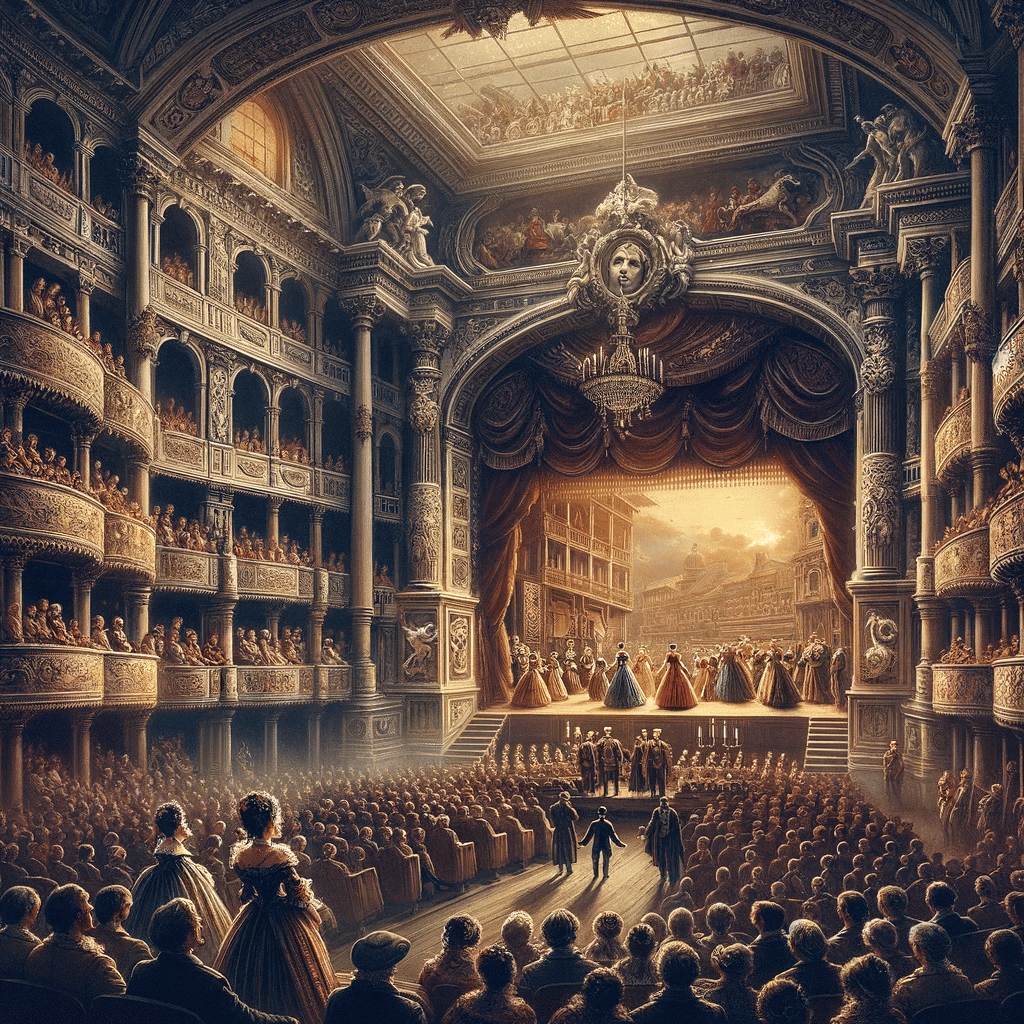
Welcome back.
Today find out what Jamie Dimon, CEO of JPMorgan Chase, has to say about AI, and also what the Getty Images boss has told the British Prime Minister on copyrighted images being harvested by AI.
So let’s take a look at what’s featured in our latest edition..
Today's Edition
📰 Bank chief says only ‘God knows’ what AI will do for humanity
In a recent, ground-breaking declaration, Jamie Dimon, CEO of JPMorgan Chase, asserted the profound influence of artificial intelligence (AI) on key sectors like healthcare and finance. Speaking on "Mornings with Maria," Dimon emphasised the indispensability of AI in modern business practices, highlighting its diverse applications across 300 instances at JPMorgan Chase. These range from risk and fraud management to trading and marketing strategies, demonstrating the tangible impact of AI in the corporate world.

Dimon, in an exclusive interview with Maria Bartiromo, projected a revolutionary transformation in healthcare due to AI. He envisaged the technology playing a pivotal role in discovering new compounds, improving disease diagnosis, and enhancing disease prevention methods. His predictions align with the current trends in healthcare, where AI's potential is increasingly being harnessed. For instance, at Northwell Health, New York’s largest healthcare provider, AI is being utilised for early detection of conditions like pulmonary embolisms, pancreatic cancers, and for improving the accuracy of colonoscopy screenings. Additionally, AI innovations such as an AI-powered headband by Ceribell are being employed for more effective seizure detection.
While Dimon's stance on AI is largely supportive, he also cautioned against its potential pitfalls. He highlighted the challenges in predicting AI's impact on society and the complexities involved in regulating this rapidly evolving technology. Dimon's concerns echo the apprehensions of tech leaders and academics, who, in May 2023, issued a statement via the Center for AI Safety. This statement underscored the urgency of addressing the existential risks posed by AI, equating it with other global threats like pandemics and nuclear warfare.
In conclusion, Dimon's insights reflect a nuanced understanding of AI's transformative potential and its challenges. While he champions the adoption of AI in enhancing business operations and healthcare services, he remains cognisant of the need for careful regulation and risk management. His perspectives resonate with a growing consensus among global business leaders who recognise AI as a powerful tool that must be wielded with foresight and responsibility.
📰 Back UK creative sector or gamble on AI, Getty Images boss tells British PM
Rishi Sunak, the UK Prime Minister, faces a crucial decision between supporting the nation's creative industries or placing his bets on an emerging artificial intelligence (AI) sector, according to Craig Peters, CEO of Getty Images. Peters, who has been at the helm of the renowned image library since 2019, voiced his concerns amidst increasing discontent within the creative and media realms over the use of their work as training data for AI companies. Getty Images is currently engaged in legal battles against several AI image generators in the UK and the US, alleging copyright infringement.
The chief executive highlighted the significant contribution of the creative industries to the UK's GDP, which stands at approximately 10%, encompassing film, music, and television. In contrast, AI's contribution is markedly lower, less than a quarter of a point of GDP. Peters views this disparity as a perplexing and risky trade-off. This sentiment comes in the wake of the UK government's 2023 agenda to remove obstacles hindering AI firms from utilizing copyrighted material, a move intended to promote AI development while acknowledging the need for a balanced approach that supports both AI and the creative sectors.
The debate over copyrighted material in AI training has intensified internationally. In the US, for instance, the New York Times has sued OpenAI, creators of ChatGPT, and Microsoft, for using its articles in their AI systems' training data. OpenAI, while not disclosing specific training data sources, argued in a court filing that excluding copyrighted materials would significantly limit AI development, rendering systems unable to meet contemporary needs.
However, Peters presents a counter-argument, citing Getty Images' collaboration with Nvidia in creating an AI for image generation, trained exclusively on licensed imagery. This partnership, he asserts, demonstrates the feasibility of developing advanced AI technologies under licensing requirements, challenging the prevailing notion that unrestricted access to copyrighted material is essential for AI innovation. As the legal landscape evolves, with notable lawsuits from Getty Images, the New York Times, and prominent authors against AI companies, the question of regulating AI training materials remains open. Peters remains hopeful, underscoring the importance of legal accountability and individual responsibility in shaping the future of AI development.
🗣 AI “Quote of the Day”
"Happiness is like sunlight; it doesn't just illuminate our path, but also warms the soul, turning the ordinary moments of life into extraordinary memories."

Created with ChatGPT / DALL-E
🚀 AI Tech Spotlight
🔍 Uberduck - Make Music With AI Vocals
Uberduck.AI is a platform that specializes in creating synthetic singing and rapping vocals using artificial intelligence. It is designed for creative agencies, musicians, and coders. The website showcases features like selecting beats, generating lyrics with AI, choosing voices, and creating songs which can be downloaded as audio or video. Uberduck.AI has been utilized by well-known companies and artists, generating millions of views across social media. The website also mentions a music production challenge using AI voices and highlights its capabilities in text-to-speech, voice cloning, and voice conversion technologies.
🗓 On This Day In History
The opera Tosca—a psychological drama of deceit and doubt composed by Giacomo Puccini, one of the greatest exponents of operatic realism—made its world premiere in Rome's Costanzi Theatre on this day in 1900.


